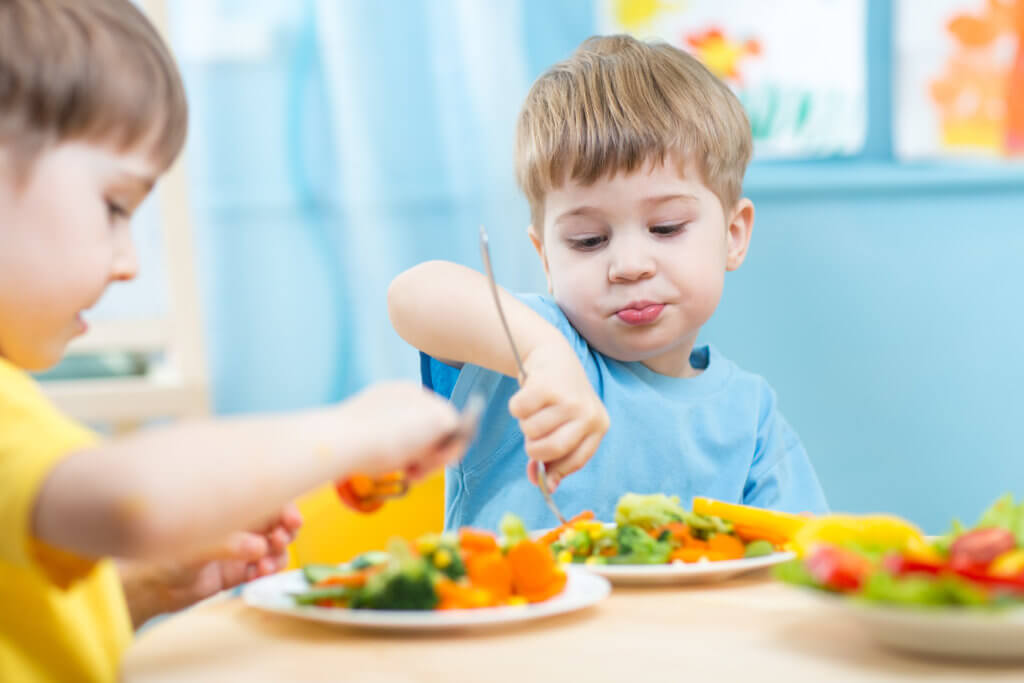KUOPIO, Finland — Reasoning skills, or critical thinking abilities, are key for every child when it comes to learning, navigating everyday problems, and succeeding in school. Now, new research out of Finland has identified a number of steps parents can take to promote enhanced reasoning skills among their children over the first two years of schooling.
Scientists at the University of Eastern Finland say an improved overall diet quality, reduced consumption of red meat, more time spent reading, and more time spent engaging in organized sports all helped young children analyze and evaluate situations in real time.
“Children with healthier eating habits showed greater cognitive development than other children. Specifically, better overall diet quality, lower red meat consumption, and higher low-fat dairy product intake were linked to better reasoning skills,” says Doctoral Researcher Sehrish Naveed in a university release.
More specifically, kids who tended to spend more time reading and playing organized sports displayed stronger reasoning skills than their classmates. Meanwhile, excessive time spent on computers, as well as unsupervised leisure-time physical activity, were both linked to lower reasoning scores. Interestingly, many factors (screen time, active school transportation, recess physical activity, and physical activity intensity) were not associated with reasoning skill development.

Over half of the children took part in a two-year family-based and individualized diet and physical activity intervention. However, that intervention did not appear to impact reasoning skills. Kids in both the intervention and control groups ended up showing similar levels of cognitive development.
“In the lives of growing children, diet and physical activity intervention is just one factor influencing lifestyle and reasoning skills. Based on our study, investing in a healthy diet and encouraging children to read are beneficial for the development of reasoning skills among children. Additionally, engaging in organized sports appears to support reasoning skills,” Dr. Eero Haapala explains.
These findings and conclusions are based on data provided by the Physical Activity and Nutrition in Children (PANIC) study. This latest work examined the impact of a two-year diet and physical activity intervention on the cognition of 397 Finnish elementary school children. Researchers analyzed any noted associations between dietary factors, physical activity, and sedentary behavior with cognition over two years. The team was also sure to account for parental education and income, as well as children’s body fat percentage and maturity level, during the analysis.
The study is published in the Scandinavian Journal of Medicine and Science in Sports.

